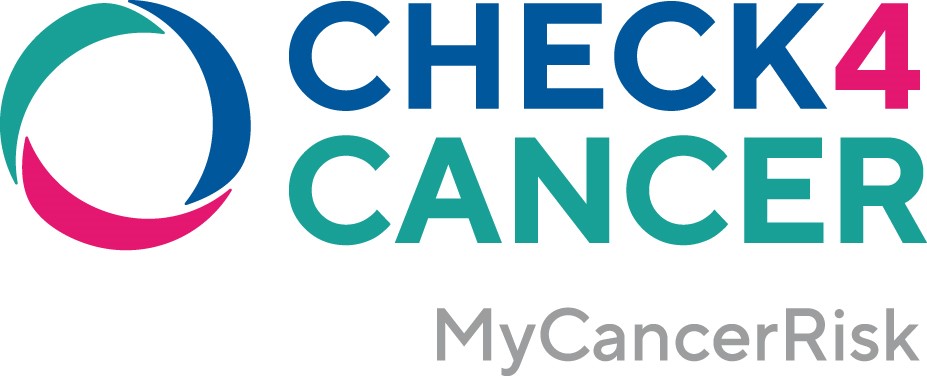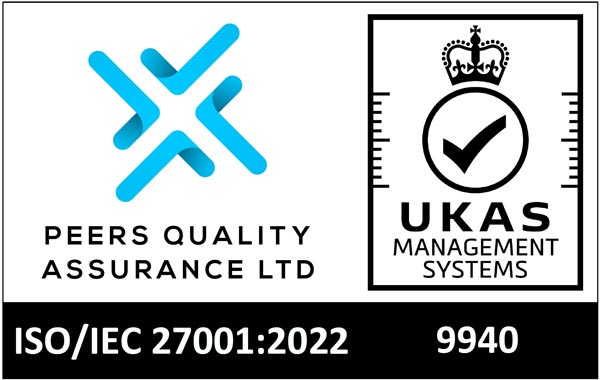Lung cancer is still the biggest cancer killer of men and women in the UK. 85% of cases are related to smoking; sadly, almost half of these occur in people that have stopped smoking. Other lung cancer risk factors include exposure to asbestos, radiation exposure and diesel fumes.
Lung cancer is more common as you get older. Around 45 out of 100 people (around 45%) diagnosed with lung cancer in the UK are aged 75 and older1.
Many people with early-stage lung cancer often have no symptoms and the severity of the symptoms will vary depending on how far advanced the cancer is and its position within the chest. The symptoms listed below can also be associated with other medical conditions and not necessarily lung cancer. However, the earlier lung cancer can be detected the better the treatment options and outcome will be. If you are experiencing any of the symptoms below it is always best to get these checked out by your GP.
1. Fatigue
We all have times when we cannot keep our eyes open at our desks and a lot of us lead demanding lifestyles in which we do not get enough sleep, so it is understandable that you are going to feel tired. However, if you are suffering unusual exhaustion that has been going on for a while, it could be due to other factors. Fatigue can be a red flag of an early symptom of lung cancer and should be investigated.
2. Weight and appetite loss
If you are not dieting or exercising and experience unexplained appetite and weight loss, then this can be an early sign of cancer or due to other health problems. About 60 out of 100 people with lung cancer (60%) have a loss of appetite and significant weight loss at the time of their diagnosis.2
3. A persistent cough or a change in a long-standing cough
A persistent cough that never seems to go away can indicate a problem and could be an early sign of lung cancer. A lot of people may blame this symptom on say a cold or allergy and will often not get it checked out. Any cough that persists for more than three weeks and any long-standing cough that worsens means that you should go and see your GP and get it checked out.
4. Breathlessness or shortness of breath
If you find yourself short of breath when performing activities that didn’t previously make you feel out of breath, then this could be a warning sign that something might be wrong. Breathlessness and shortness of breath can be due to other causes, but if you are at an increased risk of lung cancer, then you should get this checked out as soon as possible.
5. Coughing up blood (phlegm with blood in it)
Coughing up blood or phlegm with blood spots in it is a symptom that should be addressed immediately. It does not always mean that you will have lung cancer but signals that there may be another serious underlying medical condition and you should get this symptom checked out by your GP.
6. Aches or pains when breathing or coughing
Chest pain is a common symptom of lung cancer. If you are experiencing a persistent pain in the chest that doesn’t seem to go away when you lift something, cough or laugh then you need to get this seen too.
7. Persistent chest infections that don’t respond to medical treatment
Recurring chest infections that keep coming back or that you can’t seem to shake off are common with lung cancer as your immune system will be compromised.
Less common symptoms of lung cancer that you should be aware of
The following symptoms and signs are less common and are usually associated with the more advanced stages of lung cancer. They include:
- Difficulty when swallowing
- A hoarse voice
- Finger clubbing – changes to the shape of the fingers and fingernails
- Swelling of the face and neck which may be due to obstruction of the venous drainage
- Persistent pain in the chest and/or shoulder
Why early detection is so important with lung cancer
Lung cancer often presents to doctors as an incurable disease, this is because at the earliest stages people do not tend to know that they have cancer and show no symptoms. Sadly, by the time a person starts to show symptoms the lung cancer has often spread and is incurable. Currently, there is no national screening programme in the UK for lung cancer, so early detection of lung cancer is therefore crucial.
LungCheck is a unique early detection service for lung cancer diagnosis. It is available to men and women over the age of 50 and only available to current and past heavy smokers. The service includes:
- Unique EarlyCDT® Lung blood test for lung cancer (EarlyCDT® Lung is the world’s most thoroughly validated blood test for the detection of lung cancer. Shown to detect lung cancer on average four years earlier compared to current standard clinical diagnosis).
- At-home sample collection kit (finger prick)
- Personalised screening programme.
Take ownership of your health and get checked for cancer now – it could save your life.
References
1 https://www.cancerresearchuk.org/about-cancer/lung-cancer/about
2 https://www.cancerresearchuk.org/about-cancer/coping/physically/diet-problems/types/weight-loss?utm_source=affiliate_window&utm_medium=affiliate&utm_name=online_retail&utm_content=www.skimlinks.com&awc=2584_1634205538_05c8f5c8c7a686ea100808bf3fbd75ac



